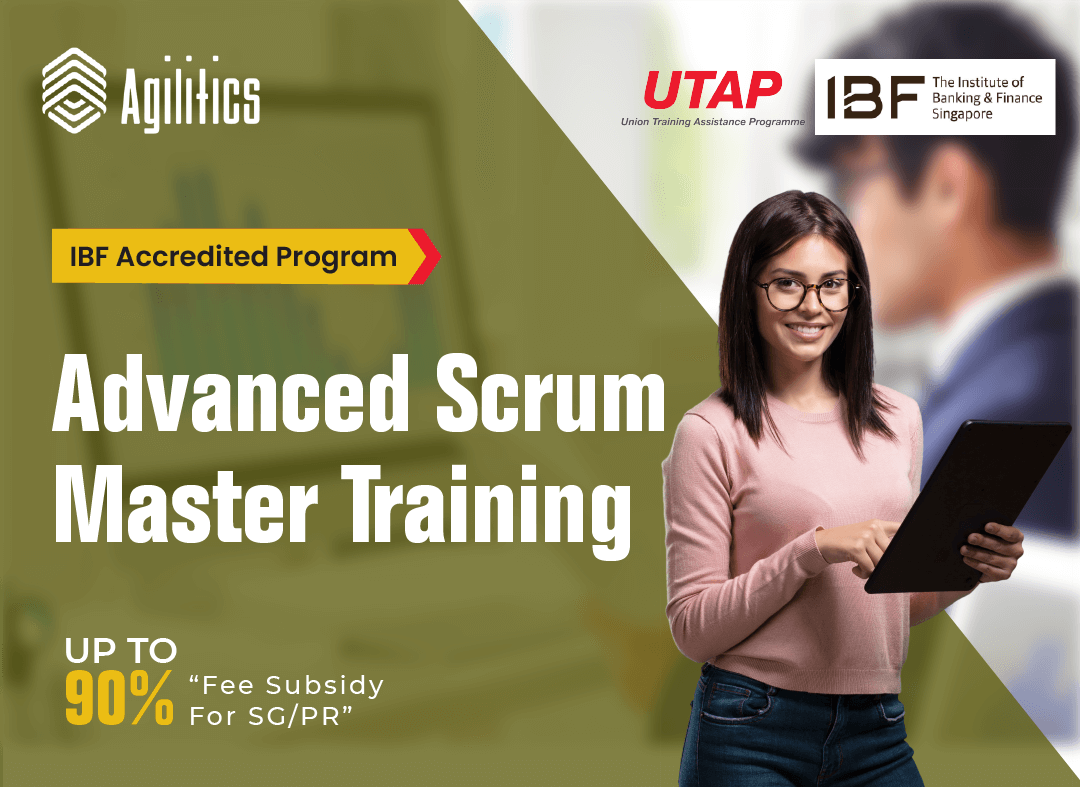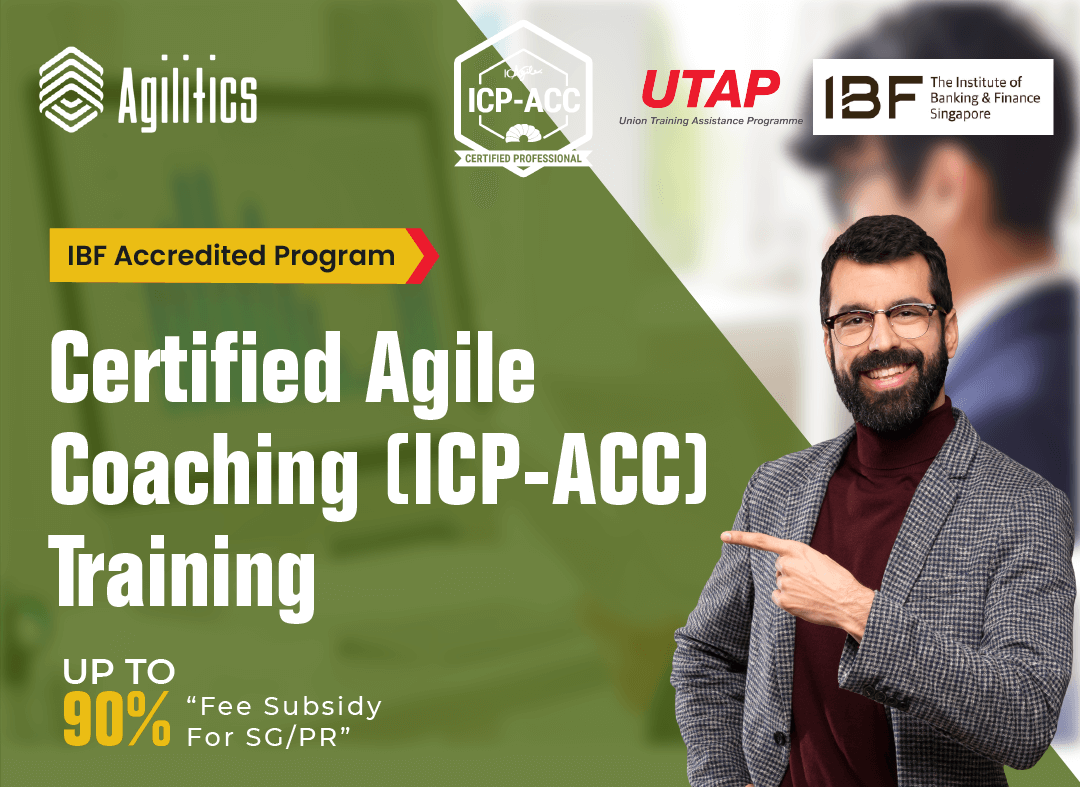
1:1 Coaching
24*7 Support
Cloud Labs
High Success Rate
Globally Renowned Trainer
Real-time code analysis and feedback
Course Description
What to Expect From Cloudera Data Analyst
Through instructor-led discussion and interactive, hands-on exercises, participants will navigate the ecosystem, learning:
- How the open-source ecosystem of big data tools addresses challenges not met by traditional RDBMSs
- Using Apache Hive and Apache Impala to provide SQL access to data
- Hive and Impala syntax and data formats, including functions and subqueries
- Create, modify, and delete tables, views, and databases; load data; and store results of queries
- Create and use partitions and different file formats
- Combining two or more datasets using JOIN or UNION, as appropriate
- What analytic and windowing functions are, and how to use them
- Store and query complex or nested data structures
- Process and analyze semi-structured and unstructured data
- Techniques for optimizing Hive and Impala queries
- Extending the capabilities of Hive and Impala using parameters, custom file formats and SerDes, and external scripts
- How to determine whether Hive, Impala, an RDBMS, or a mix of these is best for a given task
Certification Curriculum
 Introduction Apache Hadoop Fundamentals
Introduction Apache Hadoop Fundamentals
- The Motivation for Hadoop
- Hadoop Overview
- Data Storage: HDFS
- Distributed Data Processing: YARN, MapReduce, and Spark
- Data Processing and Analysis: Pig, Hive, and Impala
- Database Integration: Sqoop
- Other Hadoop Data Tools
- Exercise Scenario Explanation
 Introduction to Apache Hive and Impala
Introduction to Apache Hive and Impala
- What Is Hive?
- What Is Impala?
- Why Use Hive and Impala?
- Schema and Data Storage
- Comparing Hive and Impala to Traditional Databases
- Use Cases
 Querying with Apache Hive and Impala
Querying with Apache Hive and Impala
- Databases and Tables
- Basic Hive and Impala Query Language Syntax
- Data Types
- Using Hue to Execute Queries
- Using Beeline (Hive’s Shell)
- Using the Impala Shell
 Common Operators and Built-In Functions
Common Operators and Built-In Functions
- Operators
- Scalar Functions
- Aggregate Functions
 Data Management
Data Management
- Data Storage
- Creating Databases and Tables
- Loading Data
- Altering Databases and Tables
- Simplifying Queries with Views
- Storing Query Results
 Data Storage and Performance
Data Storage and Performance
- Partitioning Tables
- Loading Data into Partitioned Tables
- When to Use Partitioning
- Choosing a File Format
- Using Avro and Parquet File Formats
 Working with Multiple Datasets
Working with Multiple Datasets
- UNION and Joins
- Handling NULL Values in Joins
- Advanced Joins
 Analytic Functions and Windowing
Analytic Functions and Windowing
- Using Common Analytic Functions
- Other Analytic Functions
- Sliding Windows
 Complex Data
Complex Data
- Complex Data with Hive
- Complex Data with Impala
 Analyzing Text
Analyzing Text
- Using Regular Expressions with Hive and Impala
- Processing Text Data with SerDes in Hive
- Sentiment Analysis and n-grams
 Apache Hive Optimization
Apache Hive Optimization
- Understanding Query Performance
- Bucketing
- Hive on Spark
 Apache Impala Optimization
Apache Impala Optimization
- How Impala Executes Queries
- Improving Impala Performance
 Extending Apache Hive and Impala
Extending Apache Hive and Impala
- Custom SerDes and File Formats in Hive
- Parameterized Queries
- Data Transformation with Custom Scripts in Hive
- User-Defined Functions
 Choosing the Best Tool for the Job
Choosing the Best Tool for the Job
- Comparing Hive, Impala, and Relational Databases
- Which to Choose?
 Conclusion
Conclusion
Audience & Prerequisites
This course is designed for data analysts, business intelligence specialists, developers, system architects, and database administrators. Some knowledge of SQL is assumed, as is basic Linux command-line familiarity. Prior knowledge of Apache Hadoop is not required.
Download Brochure
We offer Cloudera Data Analyst Certification Training in Singapore aimed at beginner Associate Cloud Engineers that can lead to your Data Analyst Certification. Download the brochure and check the different Focus Areas covered within these 4 days of training.
Certification Assessment
Upon completion of the course, attendees are encouraged to continue their study and register for the CCA Data Analyst exam. Cloudera Data Analyst Training Certification is a great differentiator. It helps establish you as a leader in the field, providing employers and customers with tangible evidence of your skills and expertise.
- High Success rate
- Join Our Dynamic Community
- Training from Recognized Trainer
- Post-workshop support by the Coaches
Testimonials
Our clients praise us for our great results, personable service, expert knowledge, and on-time delivery. Here are what just a few of them had to say:
Funding & Price Chart
| Individual / Company Sponsored (Banking and Finance) |
Individual / Company Sponsored (Non Banking and Finance) |
||
| Singaporeans age 40 and above (70% funding) | Singaporeans age below 40 and all PRs (50% funding) | (No Funding) | |
| Full Course Fee before GST | $4,200.00 | $4,200.00 | $4,200.00 |
| 9% GST | $378.00 | $378.00 | $378.00 |
| Total Course Fee | $4,578.00 | $4,578.00 | $4,578.00 |
| Less: IBF Funding | $3,204.60 | $2,289.00 | NA |
| Net Fee Payable | $1,373.40 | $2,289.00 | $4,578.00 |
Frequently Asked Questions
Training FAQs
Cloudera Data Analyst Training course will teach you to apply traditional data analytics and business intelligence skills to big data. This course presents the tools data professionals need to access, manipulate, transform, and analyze complex data sets using SQL and familiar scripting languages.
Cloudera Data Analyst Training is a four-day course.
This course is designed for data analysts, business intelligence specialists, developers, system architects, and database administrators. Some knowledge of SQL is assumed, as is basic Linux command-line familiarity. Prior knowledge of Apache Hadoop is not required.
The Cloudera Data Analyst Training allows you to join the fastest and most promising industry of data engineers and carve your career path to rewarding success.
Some knowledge of SQL is assumed, as is basic Linux command-line familiarity for Cloudera data Analyst Training.
IBF Accredited Programmes
The IBF is an independent quality assurance framework benchmarked under industry standards to get the finance practitioners future-ready by strengthening their financial capability and industrial skills.
The IBF financial training scheme provides funding for training and assessment programmes specifically to enhance the underlying competencies of the workforce in the financial/tech sector.
Training allowance grant supports banking, financial services and insurance organizations to provide industry-standard training with a focus to upgrade the skills of their employees.
You can avail of more information about the IBF course and training programs here.
The financial Institutions and fin-tech firms regulated by the Authority of Singapore can avail the benefit of course fee subsidy.
Singapore residents and permanent residents can claim upto 90% subsidy. Participants need to pay only 5% + GST to attend the training.
UTAP Funding
The UTAP (Union Training Assistance Program) is a benefit provided to NTUC members for encouraging professional upskilling at a minimal cost.
Singapore citizens and permanent residents can avail of UTAP support who are NTUC members.
UTAP provides upto 50% support of the course fee. It provides $250 for participants under 39 years and $500 for participants above 40 years.
Login to NTUC to submit your application to claim UTAP support. You can also reach out to us @ for further support.
UTAP funding can be claimed after the completion of the course only.
SkillsFuture Credit
SkillsFuture Credit is an initiative by the Singapore government to defray the training costs to encourage upgradation of skills specifically for finance/tech professions.
All Singaporeans aged 25 and above can avail of the benefit of SkillsFuture Credit. For more information, click here.
No, the small/medium sized enterprises cannot apply for SkillsFuture Credit since it is provided only to individuals.
No, SkillsFuture is not a cash account, it can be used only to offset course fees of completed training courses approved by SkillsFuture. Therefore you do not earn any interest from it.
The course fee of the training program is directly paid to the course provider through MySkillsFuture and you can avail directly from them.
You can login to MySkillsFuture, select the course and enter the details, enter course fee to be paid including GST and put the amount to be claimed. Upload invoice and click submit.
Cloudera Data Analyst Training
Boost your Data Analytics Career with Cloudera Data Analyst Certification at Agilitics, Singapore, and enter one of the fastest-growing industries with a skilled workforce in demand. With companies looking for professionals who can access, manipulate, transform, and analyze complex data sets to create better business outcomes, this is the perfect opportunity to hone your data analytics skills with Cloudera, one of the most widely recognized Hybrid Data Cloud companies.
Aligned with IBF Standards, UTAP Funded, and Skills future credit claimable, the Cloudera Data Analyst Certification at Agilitics is offering up to 90% subsidies for Singapore Citizens and Permanent Residents. Transform your career and make room for plenty of growth by choosing a career path that is in such huge demand. According to the Jobs of Tomorrow Report of 2020, published by the World Economic Forum (WEF), data and artificial intelligence has been placed in the seventh position of top-growing professions with a growth rate of 41%. This shows the hype for data analysts in the current market, with companies choosing to deliver better customer solutions by processing data at its core.
Designed for data analysts, business intelligence specialists, developers, system architects, and database administrators, this four-day workshop will help you prepare, structure, and analyze data in Cloudera’s CDH environment. You will understand how to use Apache Hive and Apache Impala to provide SQL access to data and create, modify, and delete tables, views, and databases; load data; and store results of queries. The main objective of this course is to help the attendees apply traditional data analytics and business intelligence skills to big data.
Data is indispensable and is an important aspect of all vertical sectors such as banking, finance, health care, consultancy services, and e-commerce industries, the need to drive insights and process data is of utmost importance. The Cloudera Data Analyst Certification allows you to join the fastest and promising industry of data engineers and carve your career path to rewarding success.







